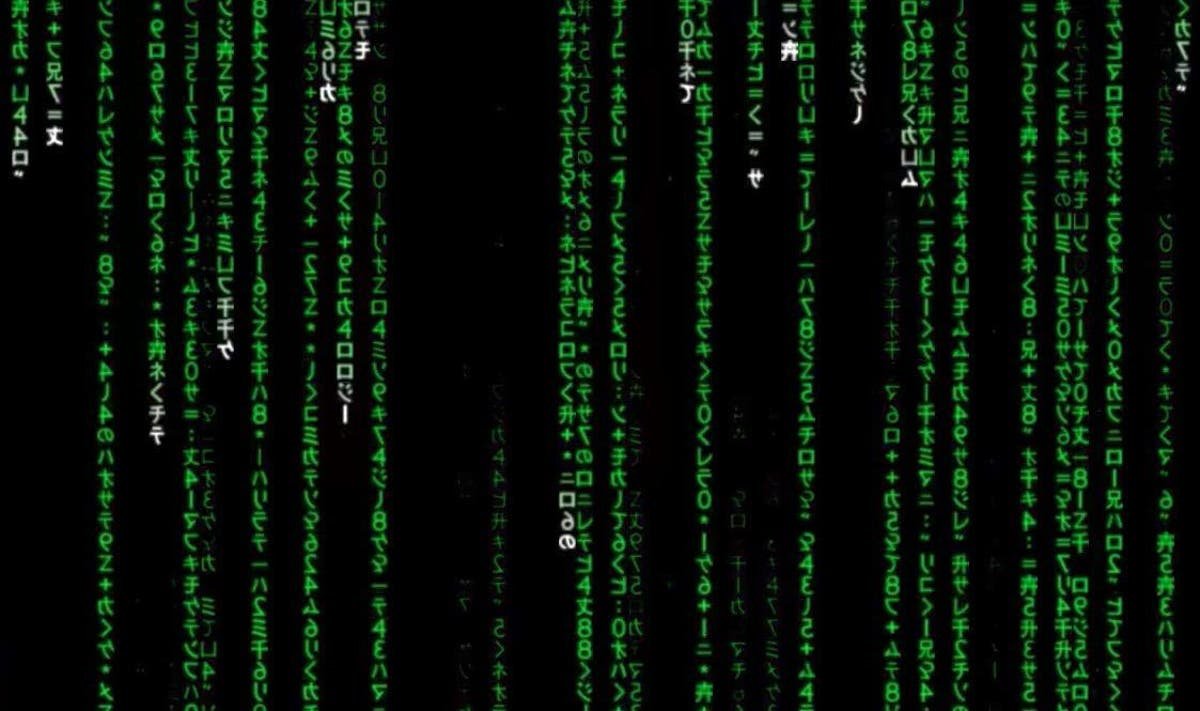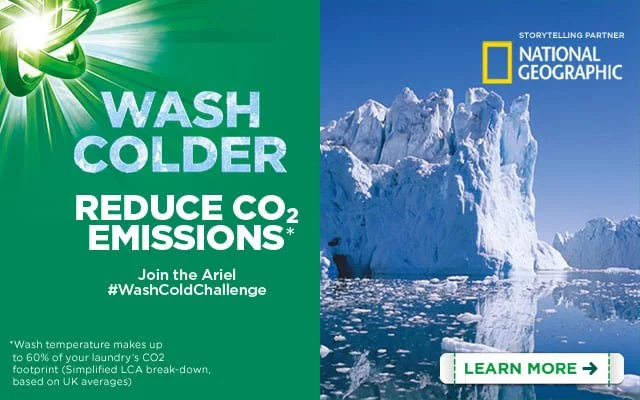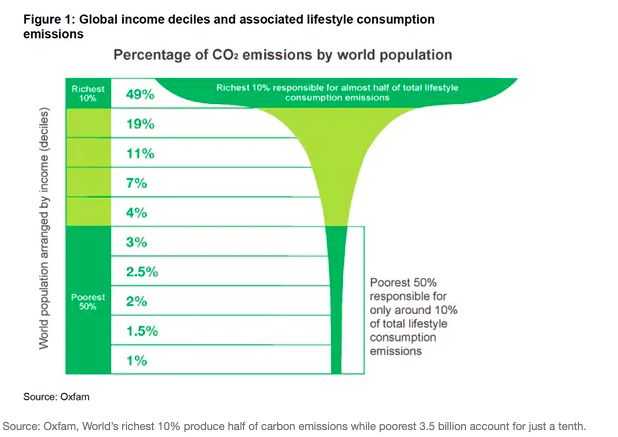
The Climate Crisis Allegory of The Matrix
Art is always ahead of the curve, created by those living free on the boundaries of society – reflecting the beauty and ills that they see back at us, in the hope that we may have a much needed epiphany.
We can see this in the return of The Matrix, that the Climate Crisis represents a single, unifying narrative threat to each and every one of us – we are all in peril, but we are too lost in the distractions of late-stage Capitalism, shying away in the comfort of repetition to realise just how fucked we are.
If movies, paintings, music and sculpture are the life-giving matter of art – honed over millennia to enrich the human experience – then we can see too that the destructive dark matter that is advertising has also recognised the impending end of their world, a false construct which promised endless growth and profits, at the cost of ecology and survival.
In narratives as creatively crafted as the lore of The Matrix Resurrections, adverts are intended to keep us spellbound – as Chomsky elucidates – promising that, for example, using Ariel products, which enable washing our overly-consumed clothes at lower temperatures, will help prevent the deaths of millions and the displacement of billions more.
Never mind that their Ariel pods worsen the plastic pollution crisis each day, and that we now know the inescapable fact that human foetuses are infected with microplastics before they even leave the sanctity of the womb.
“Maybe we are the virus”
These very words were uttered to me over the Christmas break by a beloved family member, when confronted with the reality that one third of all plant and animal species face extinction by 2070.
Perhaps, she suggested, as the virus we deserve to be culled, that the Climate Crisis was nature’s way of controlling the population of this planet to strike an equilibrium.
Yes, washing at colder temperatures will lower energy consumption and emissions - but be honest about the role your pods play in worsening plastic pollution, which is now so ubiquitous it can be found in unborn babies. Credit: Ariel
An inevitable outcome from those who have decided that they are unwilling to change. “It is inevitable, Mr Anderson”.
The concept that we are the virus is a sentiment shared by Agent Smith, the antagonist in the first Matrix film, as he struggled to understand his place in the world – and his ability to influence both his own destiny, and that of the world around him.
“You move to an area and you multiply and multiply until every natural resource is consumed and the only way you can survive is to spread to another area. There is another organism on this planet that follows the same pattern. Do you know what it is? A virus. Human beings are a disease, a cancer of this planet.”
But in truth, “maybe we’re the virus” is a refrain which can only be uttered by those with a position of privilege.
Those with both the knowledge that they need to act, but the duality that they lack the conviction to face reality and account for their high-carbon lifestyles in the face of the Climate Crisis.
The majority of people living on this planet do not live the high-consumption lifestyles that we had in that moment, on a Christmas morning in Ireland – stood next to a warm Aga, presents beneath the tree and a feast of meats already being prepared.
3.5 billion people on this planet account for just a tenth of global CO2 emissions, while the richest 10% account for 49% of all emissions. Credit: Oxfam
In fact, the poorest 3.5 billion people on this planet account for just a tenth of global CO2 emissions – which the world’s richest 10% produce half of all carbon emissions. If you’re reading this and English is your first language, you are much more likely to be in those higher echelons.
The 5 million people who are already dying as a direct result of the Climate Crisis each year do not get to have a choice if they are the collateral damage in a war between consumption and natural equilibrium.
We can entertain high-minded notions that the cataclysm facing humans is of our making, and is therefore a just punishment.
Yet this does not entertain the inescapable fact that the vast majority of us who are responsible for perpetuating the destruction of the only liveable planet known to us are, typically; white, wealthy, Global North dwellers.
Those who are guilty for the greatest destruction should not be setting the rules for how we go about overcoming the single biggest collective threat that humanity has faced. The abject failure of COP26 this year was a timely reminder of that. Nor should any sentient person get to decide we should drag down a third of all life on this planet with us.
This is about choice. Plain and simple.
Take the blue pill, our story ends. You’ll stay asleep in front of Netflix, watching the umpteenth Avengers film, driving a vehicle which burns carbon stored for millions of years in the blink of an eye, indulging in high-meat-intake diets which drive both the worsening of the Climate Crisis, and the high incidence rate of heart-related deaths in the Global North.
The comfort of ignorance will be your partner as the only livable planet dies in front of your eyes.
Take the red pill and we’ll show you that we have every solution to overcome the Climate Crisis – not a single new technology is needed. Only change and collaboration. That in revolution, and our nature’s resurrection, lies salvation and that when unified we can exact the change that is so sorely needed.
Remember, all I’m offering is the truth. Nothing more.
What To Read Next
Stop Engaging In Climate Imperialism
We explore what climate imperialism is, why it matters in the face of the Climate Crisis, and why you shouldn’t participate in it
Stark Irish Political Response To IPCC Report Puts Climate Justice Into Harsh Perspective
Ireland must learn from the wrongs of Direct Provision when implementing a just transition to cater for those displaced by the Climate Crisis





